IBM
Latest

IBM's AI can predict schizophrenia by looking at the brain's blood flow
Schizophrenia is not a particularly common mental health disorder in America, affecting just 1.2 percent of the population (around 3.2 million people), but its effects can be debilitating. However, pioneering research conducted by IBM and the University of Alberta could soon help doctors diagnose the onset of the disease and the severity of its symptoms using a simple MRI scan and a neural network built to look at blood flow within the brain.
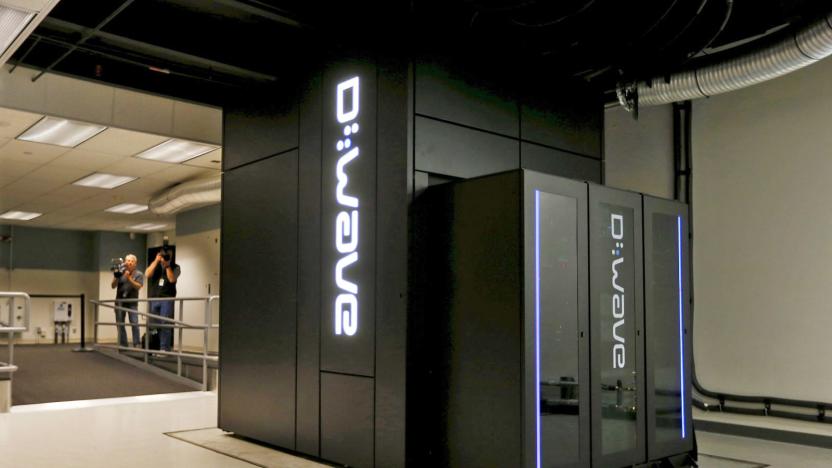
Google wants to sell quantum computing in the cloud
Whether or not you believe Google has honest-to-goodness quantum computers, the bigger problem is their limited access: they're largely off-limits outside of the company itself. That could change sooner than you think, though. Bloomberg sources understand that Google is gearing up toward using its quantum systems in a "faster, more powerful" computing service than it offers today. It recently started offering access to researchers in order to spur development of tools and apps (including through an open source Project Q initiative), and there's a new lab it describes as an "embryonic quantum data center." It's looking at the practical realities of quantum computing, in other words.
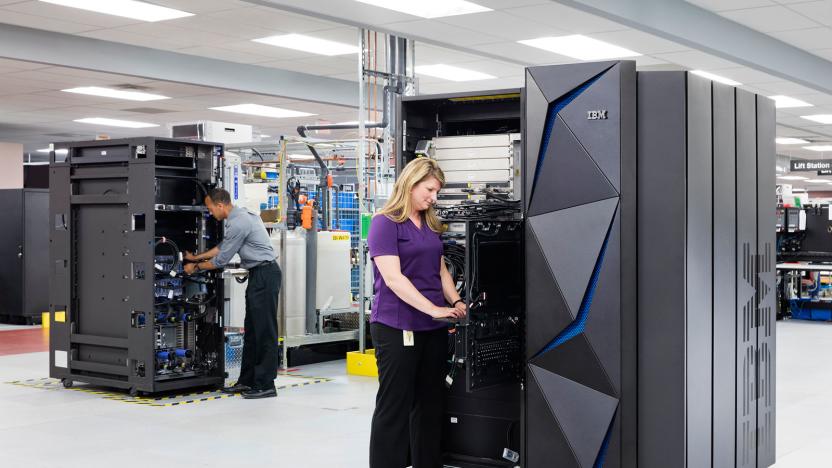
IBM's new mainframe keeps everything encrypted, all the time
Data breaches are bad enough by themselves, but they're made worse when companies don't bother to (or can't) encrypt all their info. It's tantamount to giving hackers the keys to the kingdom. But what to do? IBM thinks it has a simple solution: encrypt absolutely everything. Its latest Z mainframe system now has enough power to automatically encrypt all the data associated with an app or service, whether it's in transit or sitting idle in a database. According to IBM, conventional systems based on x86 processors only encrypt "limited slices" of information, while the new Z has enough power (18 times more, in fact) to lock everything down as a matter of course.
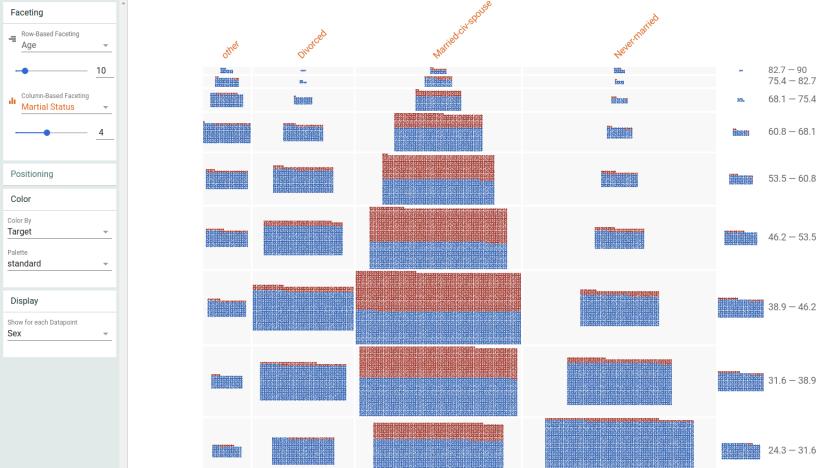
Google’s ‘PAIR’ project wants AI and humans to get along
A new Google initiative was announced today that aims to improve how humans and AI interact. Called PAIR, or People + AI Research initiative, its goal is to make sure AI technology is beneficial and empowering to everyone and it will focus on aspects like tools for AI developers and how to make sure AI systems are inclusive. "PAIR is devoted to advancing the research and design of people-centric AI systems. We're interested in the full spectrum of human interaction with machine intelligence, from supporting engineers to understanding everyday experiences with AI," said PAIR's website.

IBM’s Watson will analyze Wimbledon to suggest the best matches
IBM's Watson can apparently do everything. From manufacturing and medical treatment planning to portrait drawing and filing your taxes, there seems to be no limit to what the Jeopardy-winning AI can do. And next week, Watson will be offering its services to the Wimbledon tennis tournament.

Symantec refuses Russia request for source code access
Security firm Symantec will no longer allow Russian authorities to inspect its source code, according to Reuters. "It poses a risk to the integrity of our products that we are not willing to accept," the company's Kristen Batch said. The worry is that by allowing the supposedly independent Federal Security Service (FSB) to examine source code, it would give Russia an inside view of potential software vulnerabilities and exploits.

The Air Force and IBM are building an AI supercomputer
Supercomputers today are capable of performing incredible feats, from accurately predicting the weather to uncovering insights into climate change, but they still by and large rely on brute processor power to accomplish their tasks. That's where this new partnership between the US Air Force and IBM comes in. They're teaming up to build the world's first supercomputer that behaves like a natural brain.

IBM-powered DNA sequencing could find bacteria in raw milk
Babies love milk. Adults love milk-based products. You know what else loves milk? Good and bad bacteria. It's the ideal medium for bacteria growth and could cause various food-borne illnesses, especially if consumed in raw, unpasteurized form. Researchers typically just test the milk supply in the US for specific pathogens or harmful bacteria and viruses, but IBM and Cornell University want to take things a step further. They plan to create new analytical tools that can monitor raw milk -- that's milk straight out of the udder -- and instantly detect any anomaly that could turn out to be a food safety hazard.

IBM supercomputers will power global weather forecasts
IBM's supercomputers might soon power the weather-predicting systems of tomorrow. Through its subsidiary The Weather Company, the computing titan has partnered with the University Corporation for Academic Research (UCAR) and the National Center for Atmospheric Research (NCAR) to move beyond today's regional-scale forecasting to anticipate weather at the local level...and aspire to introduce the first model that covers the whole globe.

New FDA policies could hasten approvals of 'lower risk' health tech
The FDA is making an effort to keep up with the digital world. The commissioner of the FDA said in a statement yesterday that the agency would be outlining ways to streamline the regulation of digital health devices.

US funds tech giants' efforts to build next-gen supercomputers
The US government is giving six companies a total of $258 million in hopes that they can build an exascale supercomputer before China, Japan or anyone else does. A post on the Exascale Computing Project website has revealed that the Department of Energy has awarded AMD, Cray, Hewlett-Packard Enterprise (HPE), IBM, Intel and Nvidia $258 million in funding over a three-year period. The six corporations won't depend solely on the government's money, though -- to show that they're also fully invested in the project, they'll cover 40 percent of the total costs that could amount to least $430 million.

IBM will put connected car data to better use
As cars get smarter, we're going to have to deal with all of the information our daily drives create in a way we've never had to bother with before. Thankfully, IBM is offering to be the middleman that represents our vehicles in the confusing new world of automotive cloud telematics. The company has signed a deal with BMW that will see the BMW CarData platform connect to IBM's Bluemix cloud. The idea is that IBM will host and analyze your information and then pass it to third parties -- with your consent -- when required.
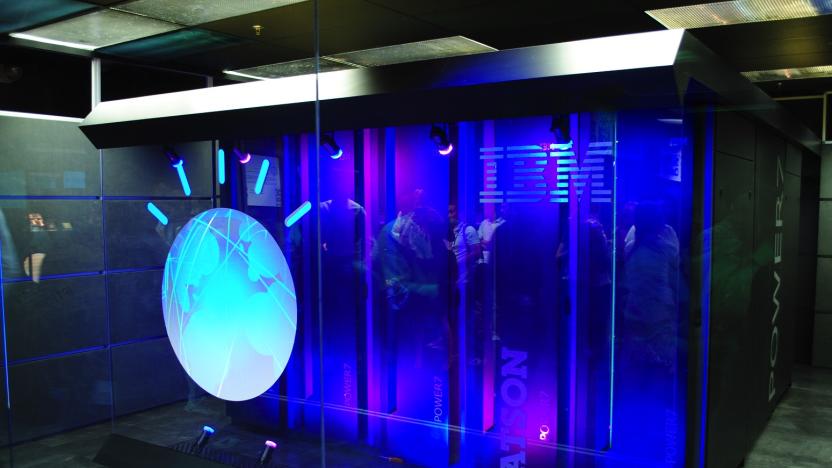
IBM's computing power will tackle the world's biggest problems
IBM's Watson is celebrated for winning at Jeopardy, cooking exotic meals and collaborating with Grammy-winning producers, but its capacity for doing good may its most important skill. The company's famous AI system is able to create cancer treatment programs that are as good as what human oncology physicians recommend. Watson also saved the life of a 60-year-old woman from leukemia last year in Tokyo. Obviously recognizing the potential, IBM announced Science for Social Good, a new program that will pair Watson's AI, cloud and "deep science" technologies with postdoctoral academic fellows to help solve the world's biggest challenges.
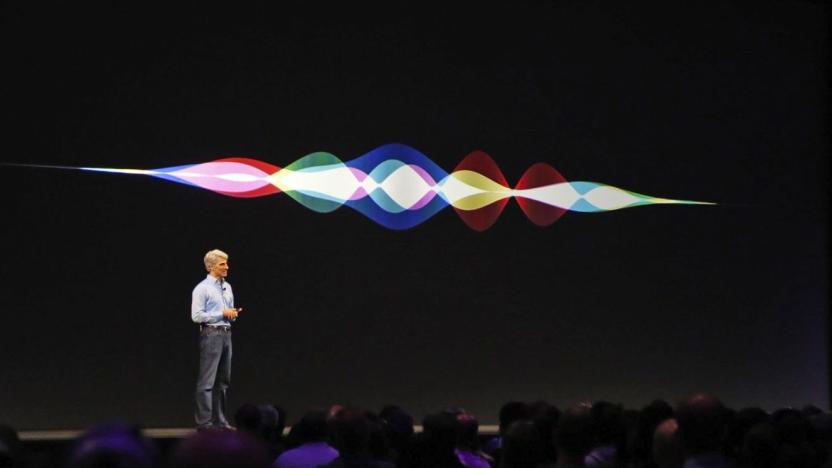
How Apple reinvigorated its AI aspirations in under a year
At its WWDC 2017 keynote on Monday, Apple showed off the fruits of its AI research labors. We saw a Siri assistant that's smart enough to interpret your intentions, an updated Metal 2 graphics suite designed for machine learning and a Photos app that can do everything its Google rival does without an internet connection. Being at the front of the AI pack is a new position for Apple to find itself in. Despite setting off the AI arms race when it introduced Siri in 2010, Apple has long lagged behind its competitors in this field. It's amazing what a year of intense R&D can do.

IBM’s Watson is really good at creating cancer treatment plans
Jeopardy-winning Watson is getting better and better at designing cancer treatments. New data presented this week at the American Society of Clinical Oncology's annual meeting show that IBM's Watson for Oncology suggests cancer treatments that are often in-line with what physicians recommend. The company also announced that the cancer care product, designed to help physicians diagnose and treat their patients, is being used by nine new medical centers around the world.

AI is already beating us at our own game
Although modern AI systems still have trouble deciding whether or not to flip that stranded tortoise in their path, they're already outpacing the intellectual capabilities of their creators in a wide variety of fields. From beating grandmaster Go players to outguessing cardiac surgeons, lipreading to audio transcription, neural networks and machine learning have already surpassed humans -- and that list is only going to grow longer.

Listening to starlight: Our ongoing search for alien intelligence
Six hours a day, seven days a week, for four straight months. That's how long radio astronomer Frank D. Drake pointed the 26-meter telescope at the National Radio Astronomy Observatory (NRAO) research facility in Green Bank, West Virginia, toward the heavens, looking for signs of intelligent life beyond Earth. He dubbed his efforts Project Ozma, in honor of the Queen of Oz from L. Frank Baum's famed children's book series.
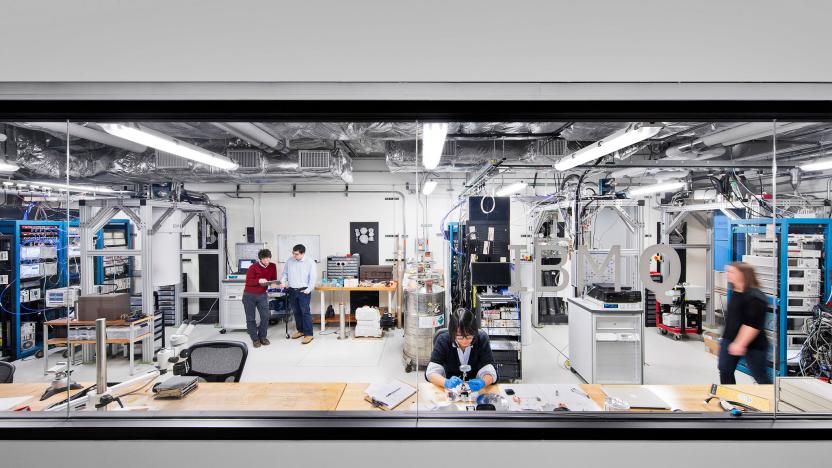
IBM unveils its most powerful quantum processor yet
IBM's two quantum computing platforms just took a leap forward in processing power. The company announced today that it has successfully built and tested its two most powerful quantum computers yet -- the research and business-focused Quantum Experience universal computer and the prototype processor that will eventually form the core of its commercial IBM Q systems.
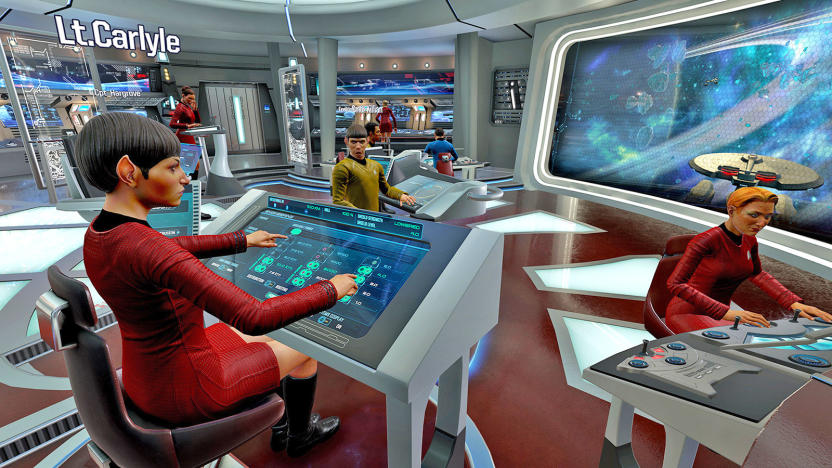
IBM Watson adds voice commands to 'Star Trek' VR game
Ubisoft's Star Trek: Bridge Crew won't just put you in a VR starship when it finally launches. It'll also give you the power to interact with the virtual Starfleet crew with your voice. The company has teamed up with IBM to add Watson's interactive speech capabilities to the game, so you can tell a crew member to launch a missile -- and maybe even pompously add "make it so" in the end -- instead of using manual controls. Bridge Crew was supposed to launch last year but was plagued with numerous delays. It's now scheduled to come out on May 30th for the PC and PS4, with Watson's voice commands to follow later this summer during a Beta period.

AI Xprize asks for bold solutions to humanity's greatest problems
The XPrize program is no stranger to moon shots. From capturing carbon to cleaning water -- even literal trips to the moon and Star Trek-style tricorders -- the contest seeks the boldest solutions to humanity's greatest challenges. That tradition continues in the company's latest competition, the IBM Watson AI XPrize, in which 147 teams from 22 countries will compete for a $5 million purse over the next four years.







